This article originally appeared on Medium, as part of the Open Music Initiative.
As a professional creator, it’s usual to stumble onto great ideas, but by the time you try to write them down or record them, they’re gone. Most creative work, even if not professional, follows a pattern where several steps are taken. Mainly, we focus on developing a tangible representation of an emotional event. Lets call this event an inspired moment. Then, we test it and polish whatever needs to be polished until we can feel again that original inspiration moment in the final result.
We asked how might we improve this process? How could we help creators be more productive?
Mirror is a wearable recording device that will detect automatically when you have entered the creative process and will record in a stealthy way so your inspiration doesn’t get interrupted.
We focused on optimizing the creative process by keeping track of biometrics while ideas are sparked. We could think of it as a fitBit for creativity. Then, the platform correlates the sound content and the biometrics detected, allowing the user to retrieve important data. This data is organized in a clear, interactive way so creators can easily review key moments of the process where high emotional signals were detected.
To further help the creator, the system automatically groups similar content into “projects” so the development of an idea can be traced from the source through its evolution until the final product is reached. These projects can serve as inspiration when the artist is stuck.
In addition, Mirror detects trends on your content like most used words or chords, productivity peaks and other relevant data to enhance the tool kit available to the user.
Mirror helps creators get a hold of their ideas with minimal intrusion. Through this device, we expect to incentivize them to release their data by making it an important resource for themselves. This documentation of the process can serve as a new way to engage fans in a more intimate, direct way.
Even though we focused the first concept to musicians, this technology could be easily applied to other creative types, as it could also expand to other industries where the creative mind is a key component like business strategizing or experiment designing.
We are also excited about the possibility to expand the use of this biometric data and how it correlates to creativity; to learn from ourselves and those things that trigger the ideas that will create our own future.



